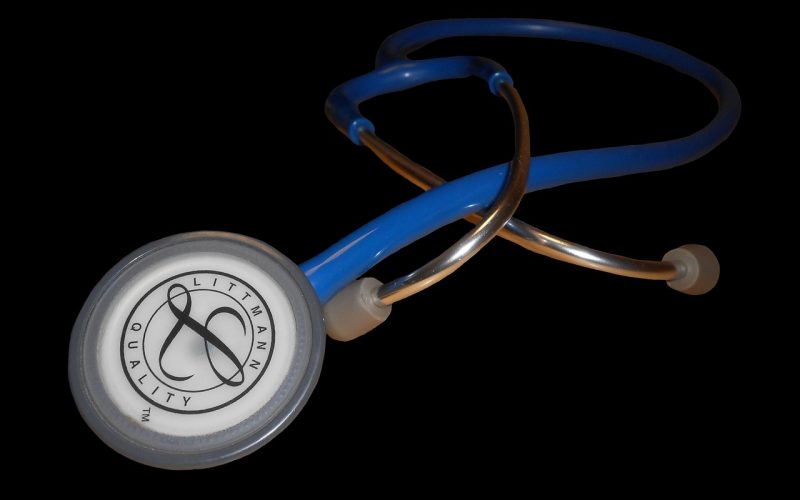A Hearing Test During a Full Body Check-Up
Routine full body check-ups are essential for maintaining overall health, but one critical aspect often gets overlooked—our hearing. Integrating a hearing test into your regular health assessments can reveal underlying issues that might otherwise go unnoticed. Despite their significance, hearing evaluations are commonly excluded from standard check-ups, leaving many unaware of potential ear health concerns until they become problematic.
The silent significance of hearing tests
Hearing loss doesn't always announce itself with dramatic changes. It often starts subtly, making it easy to dismiss early symptoms. Many people attribute mild hearing difficulties to temporary issues like fatigue or environmental noise, delaying proper diagnosis. However, even minor hearing impairments can progress rapidly if left unaddressed. A simple hearing test can detect early signs of conditions like age-related hearing loss or damage caused by prolonged exposure to loud sounds, offering an opportunity for timely intervention.
Obstructions such as ear wax build-up could also play a role in hearing difficulties, a rather common but easily treatable issue. Procedures like ear syringing or professional ear wax removal Cheadle can swiftly address these problems. Without routine hearing evaluations, such minor but impactful issues might be overlooked altogether, potentially affecting your hearing long-term.
Common misconceptions and their implications
One reason hearing tests are often overlooked is the assumption that they're unnecessary unless symptoms arise. This misconception can lead to a 'wait-and-see' approach, which is particularly risky. Hearing health isn't just about recognising sounds; it's also closely linked to mental and cognitive well-being. Research has shown that untreated hearing loss can contribute to social isolation, depression, and even conditions such as dementia.
By the time noticeable hearing issues develop, significant damage may already have occurred. Including Stockport hearing tests in your check-up, even if you feel your hearing is fine, provides early detection and ensures that preventable issues don't escalate. Much like a vision test, hearing evaluations are a proactive step in safeguarding your sensory health.
Why hearing health deserves routine attention
Hearing health goes beyond simply ensuring we can communicate effectively. It's tightly connected to how we interact with the world and experience life. Poor hearing not only impacts conversations but can lead to misunderstandings that strain personal and professional relationships. Additionally, tasks that require acute hearing, such as driving or listening for alarms, become riskier without regular monitoring.
Regular check-ups should aim to provide a holistic view of health, and hearing tests fit seamlessly into this framework. Whether it's uncovering hidden hearing issues or diagnosing earwax build-up that requires ear wax removal, these tests make for a more comprehensive health assessment.
The role of ear care in hearing health
Preventative ear care plays a significant role in maintaining good hearing. One common but under-discussed aspect is earwax management. While earwax serves an essential function by protecting the ear canal, excessive build-up can block sound waves, leading to temporary hearing difficulties. Professional ear syringing Stockport or other forms of ear wax removal can alleviate this issue safely and effectively.
It's vital to avoid DIY solutions, as they often do more harm than good. For example, inserting objects into the ear canal to remove wax can push it further in, exacerbating the problem. Pairing hearing tests with professional ear care ensures that minor issues don't snowball into major concerns.
Challenges in prioritising hearing tests
Despite the benefits, hearing tests are still not as commonly included in routine check-ups as blood tests or eye exams. This gap might stem from a lack of awareness, both among patients and healthcare providers. Some may view hearing health as secondary to more visible or life-threatening conditions, but this perspective undervalues just how integral hearing is to daily life.
Cost and accessibility can also play a role in why hearing tests are sometimes neglected. While many insurance plans cover general check-ups, hearing evaluations often require a separate process, leading people to postpone or forgo them altogether. However, considering the long-term benefits, it's a worthwhile investment in your health.
Adding hearing tests to your health routine
Making hearing tests a standard part of your check-up is an achievable goal. Speak with your healthcare provider about including a hearing evaluation in your next visit. Increasing public awareness about the value of routine hearing tests can also encourage healthcare systems to integrate them more broadly.
By regularly monitoring your ear health, you take a proactive step in protecting your hearing and overall well-being. Whether it's identifying the need for ear wax removal, managing early signs of hearing loss, or addressing other concerns, hearing tests provide vital insights that contribute to a healthier, more connected life.
By redefining what a 'routine check-up' includes, we can ensure that our ears get the attention they deserve, helping us enjoy the sounds of life for years to come.










